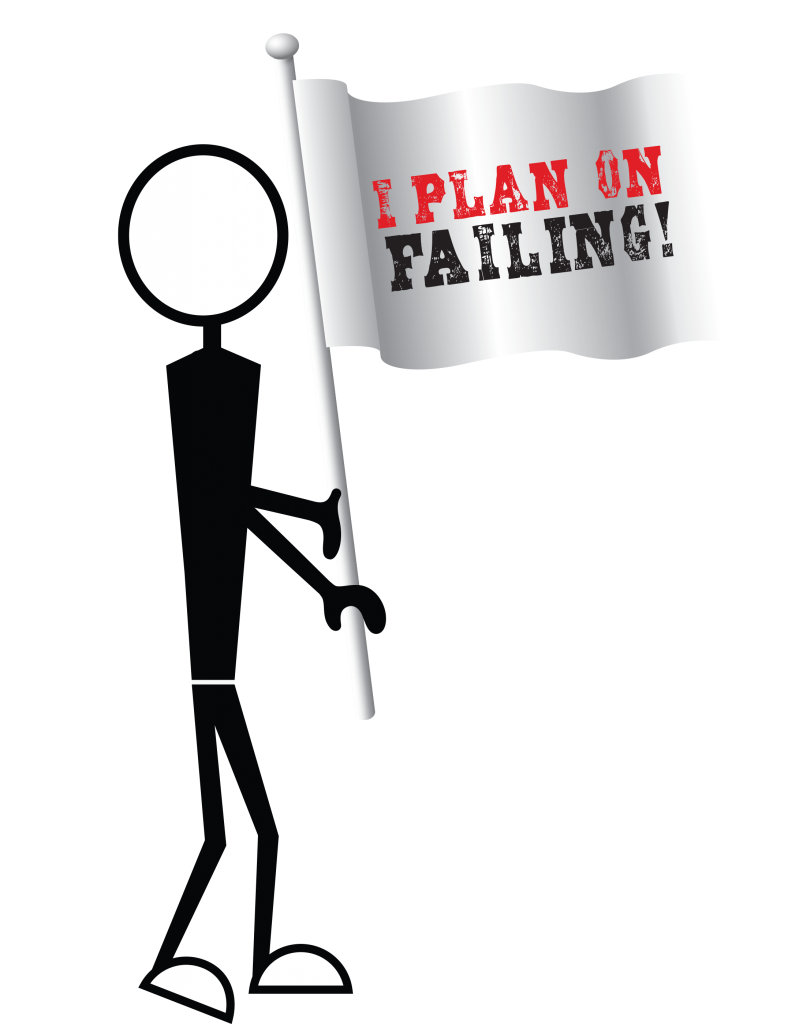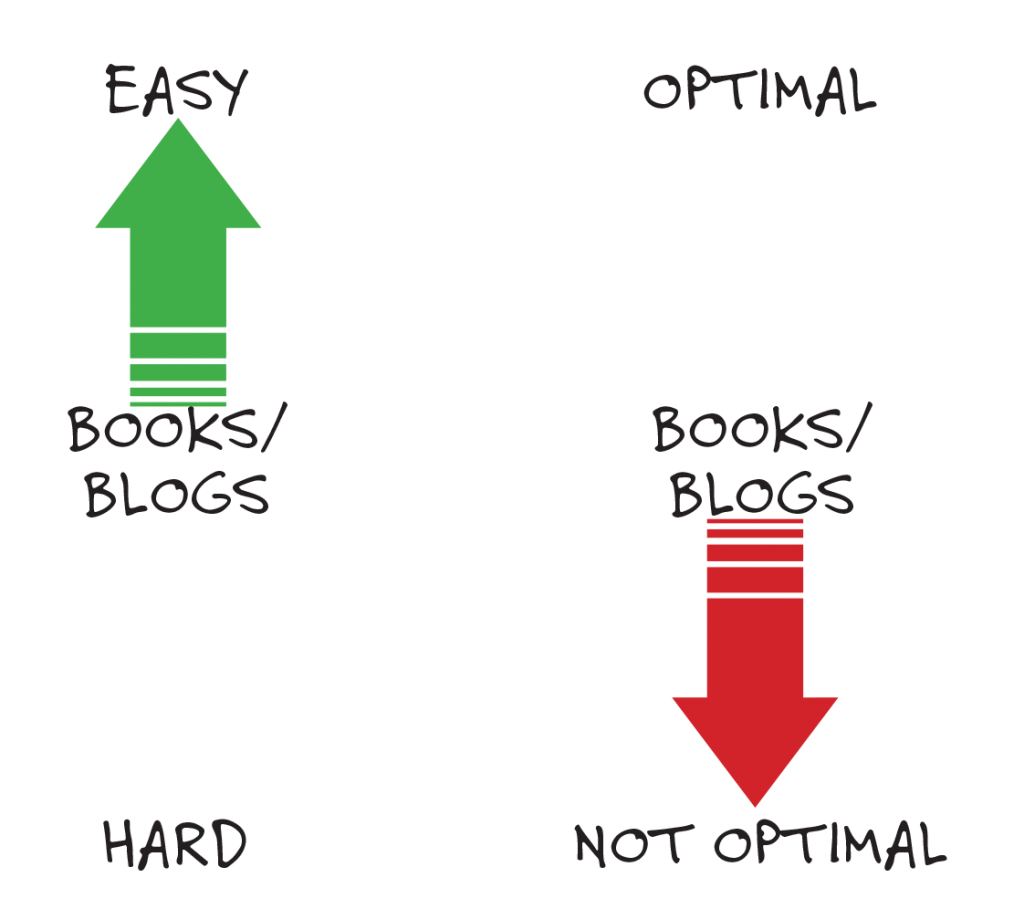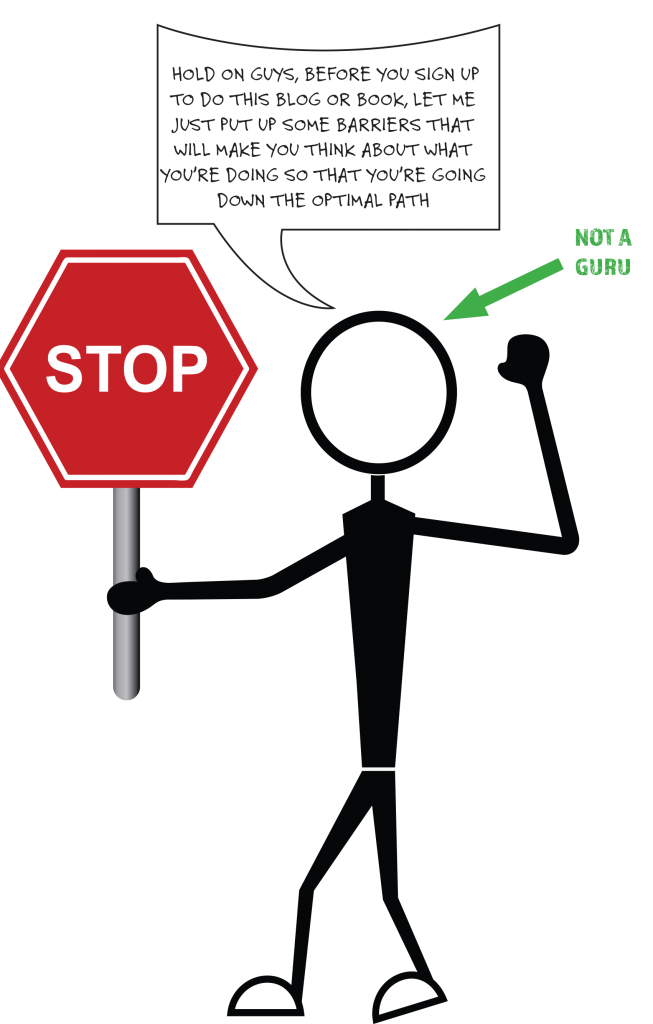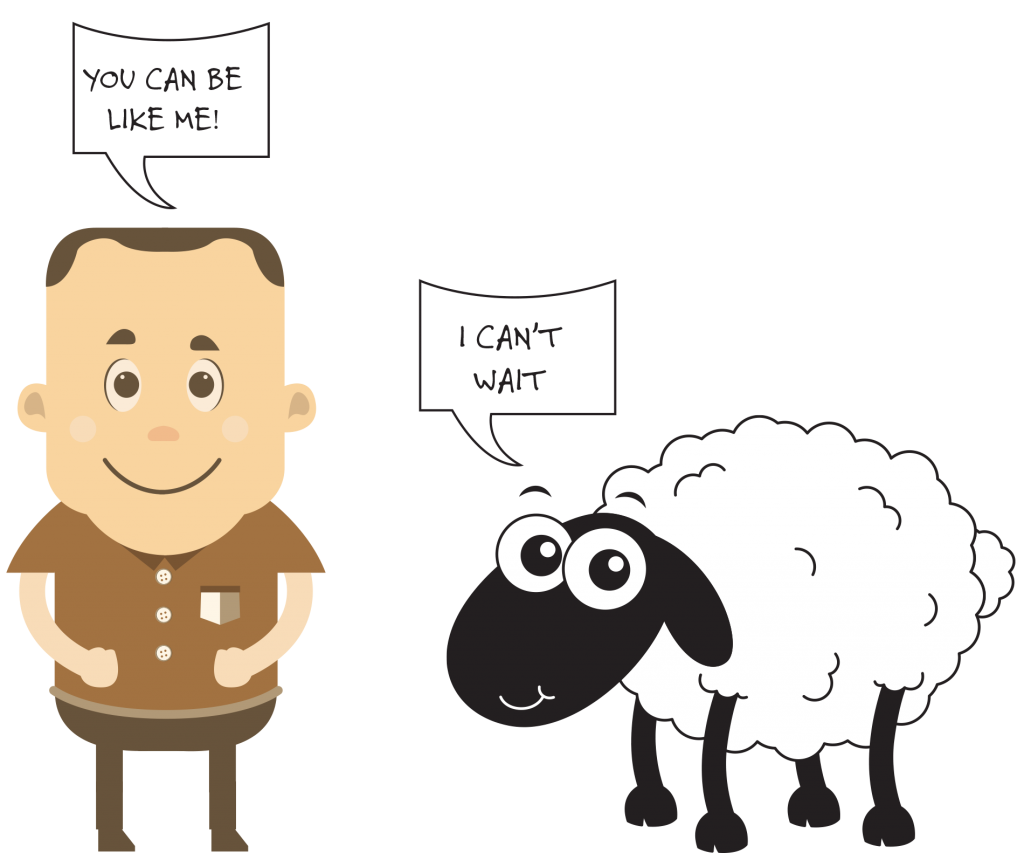If you’ve been reading ForeverJobless for a while, you’ll know that I used to be a professional poker player. I started playing in college, got pretty good over the next few years, and then became a full time pro, which I did for 3-4 years before switching my focus to business.
I got better as a player from reading all sorts of poker books, poker forums and talking strategy with other players, and coaches.
I started my poker journey with just $50, and did whatever I could to learn the game as I went. If I played against a player who seemed good, I’d message them and start asking questions.
Slowly I got better and better. I still remember how exciting it was as I started to grow my initial $50 deposit. I was excited about the money, but probably moreso just learning and beating the game.
It was fun to learn to outthink people, and profit for doing so. That skill translated well over to business. Not just from a competitive standpoint of outthinking competitors, and having them call you “lucky” just like they did at the poker tables, but in the sense of evaluating opportunities and thought processes. Is this +EV? Is there a more optimal opportunity to consider? Why isn’t anyone else considering that? Hmm… why is everyone doing this type of business when it’s -EV? Don’t people know this is a bad idea?
I have a very analytical mind. It probably helped me quite a bit in poker.
Not only did I learn from those who knew the game when I started, but I also ask “why” a lot. If something doesn’t make complete sense to me, I want to know why it is. “Wait, why would you bet here, but not there?” … “Why is folding correct, why not re-raise if he’ll fold X % of the time?”.
I questioned a lot of “correct” advice, and learned that while it may have been profitable at the time, it was not actually optimal. I’m glad I questioned some of it, because once I started implementing some things into my game I started making more money, even though the books I was reading wouldn’t have told me to do that. My style became more optimal than the books I’d read to initially learn the game.
I can’t take credit for coming up with all the ideas on my own. Many weren’t mine. Some were strategies that were working for friends I talked poker with. If the strategy made logical sense to me, I tested implementing it into my game. Some were from poker forums, or coaches I’d hired.
But a lot of my playing style was very different than the books I read that were written by the experts. As a matter of fact, it became almost the opposite.
“If everyone is playing the popular way, why not just play a style that would beat that style?”.
Over time my winnings skyrocketed. Players thought I was crazy because I played a very, very aggressive style. They assumed I was just some wild player.
While many of my opponents were playing “correct” according to books, and in a way where they could have been a profitable player, I played a style that would obliterate a “correct” style of play, so all they could do is sit back and wait for a big hand as I kept collecting their chips, or try to play back at me out of frustration, but that would only make them hand me their money faster since no one had taught them how to play against that style. As you’ve learned from the ForeverJobless blog, emotional decisions are obviously -EV. They’d call me lucky, and plenty of other names. The emotional thought process didn’t lead them to think about WHY they were losing.
Internally they probably thought, “I’m doing exactly what the books said, this crazy guy is bound to lose his money at some point!”. So they’d put more money on the table, and a usual result was them losing more of it. Why? Well, they weren’t really thinking about why they were playing the way that they were. Again, their mindset was emotional. A logical mindset is the one that could have helped them. An emotional one just led them further astray.
They didn’t stop to ask if the strategy they were using was actually optimal, they just did it because that’s what they had been told to do.
Often the ‘good’ players who’d read all the books were actually easier to beat than the amateurs. You could tell exactly what they were going to do.
It’s often just assumed that if someone is an “expert” on a subject, you listen to them. We grow up listening to our parents, teachers, bosses, idols… people rarely question why they say what they say though.
I was probably an annoying kid for my parents or teachers. I asked “why” a lot.
“We need to go to the store.”
“Why?”
“Because we need to pick up some bread”
“Why?
“So we can eat.”
“Why can’t we eat something else that’s in the house?”
“Let’s just have a quiet ride to the store okay honey?”
“Why?”
As I grew up, I’d occasionally get in trouble in school for challenging what a teacher said and asking too many questions. “That’s just the way it is” or “because I said so” are not a very logical answers, and I let them know. In a strict private school, let’s just say that’s frowned upon 🙂
Should I have been in detention for asking questions? Maybe they should have been in detention for not having answers.
How are you supposed to trust someone’s advice when they can’t even explain why they’re telling you to do what they’re telling you to do?
If someone is illogical, whether it’s the way everyone else is doing it or not, doesn’t make it right just because everyone else is doing it wrong.
If something doesn’t make sense and when questioned on it, someone can’t give a logical response as to why they are doing something, authority figure or not they probably don’t actually understand why. So, instead of just doing the same thing “because we’re supposed to”, the better use of time would be figuring out if it’s actually an optimal thing to be doing.
Let’s look at how this applies in the business world.
Everyone starting out wants to make money. It’s exciting. I get it.
A better initial question than “can I make money at this?” is, “is this the optimal thing for me to be doing?”.
See, much like poker was when I got started, most people just blindly followed whatever advice was out there, and maybe they got some temporary results, but over the long haul they wondered why it didn’t work.
“I don’t understand, the gurus said to do this, it’s not working for me!”
I see this with most entrepreneurs. The average question equates to them just wanting to be told what to do. It’s like they’re waving a flag that says, “I plan on failing!”
They don’t plan on thinking for themselves, they just want someone to tell them what to do.
You must learn to think for yourself if you want to be successful in this game, or any other. I cannot stress this enough. Blindly following the advice of someone you view as having the answers is. So. Ridiculously. Bad.
You must understand why.
Why are you working on the business you’re working on? What made you choose that route? Did you choose it blindly because a guru told you it was a good way to make money? What was their incentive to do so? Were they incentivised to show you the optimal route, or were they potentially incentivised another way?
Classic example in the ‘info’ space online. “Start blogs, sell books!”
The huge majority of people telling you to do those things are monetarily incentivised to do so.
Are they the optimal ‘business’ or money making ventures? Hell no. People should definitely not be starting a blog or writing a book the majority of the time. It is unequivocally a suboptimal decision for 99%+ of people.
However, it is an ‘easy’ business with no barriers, so people are confused into thinking it’s good for them. Easy and optimal are very, very different things.
A guru says, “start a blog”, “write a book”, and you trust that it’s what you should be doing because they say so.
Many people never stop to ask “why”, but if you did, they would likely say, “to build a platform”, “because then you can become an authority”, “then you can sell things to people”, “to get a name for yourself”. Now, while these all sound like reasonable answers to a question like that, they are not logical reasons to do so. Since most people don’t think logically, they blindly accept guru answers and go about their way.
Well, you’ve got to go a lot deeper than that 🙂
Have you broken down the EV(expected value) of having a platform for what you intend to do if your goal is to make money from it? Why didn’t you do so? Because the guru selling you the course or having you click on their link didn’t tell you to? Of course they didn’t, that would be a barrier to them making money.
They either don’t understand that it’s important, or don’t have goals aligned with teaching that to you. Is putting up a barrier to get money from you good for their profits? No, that would be a foolish thing to do if their goal is to maximize their profits.
Have you insured that your offering will check off the two steps to building a profitable business? If not, why are you doing it? Because a guru told you to follow your dreams and that “you too can be like them.’?
If they became a guru in the first place it’s likely that at some point in time they passed the two steps. That is what allowed them to be successful.
Why wouldn’t they make sure you did the same?
Again, it’s not good for their bottom line, and/or they don’t actually understand that you need to do it.
If you aren’t thinking for yourself, you’re going to continue to get hustled left and right. It’s not always the gurus faults, some of them actually think the medicine they’re selling you will help.
The side effect of the potion may be a road that’s filled with capped income and struggles, because you didn’t fully understand why you were doing something. If you play follow the leader sometimes you’re lucky just to pick up the leader’s scraps. Good for the guru, bad for you. People are confused into thinking that the success of one person doing something a certain way can be replicated the same exact way and expect the same success. That’s flawed logic for a number of reasons.
People are confused into thinking that the success of one person doing something a certain way can be replicated the same exact way and expect the same success. That’s flawed logic for a number of reasons.
If everyone is being told to do the same exact things, it is unlikely to be optimal for very long.
In other words, if something is optimal, and then everyone starts doing the optimal thing, it is not likely to be the optimal thing anymore. 🙂
Much like poker, once everyone is playing the game the same exact way the books say to play, even if at one point that was a very profitable way to do so, after a while the only one profiting from that advice is the author. The gurus have the choice to become the student again, and learn why their optimal strategy is no longer optimal, or do everything they can to maximize profits before people learn it’s not very good advice anymore.
In poker many of the old time gurus would talk down about the internet phenoms and claim they hadn’t been around the game long enough to be good. “We’ve been in the game for decades”, they’d say, and try to make it seem like the new ideas and new strategies coming from higher level thinkers were incorrect, as if time was the reason. About as illogical as you could get, and why they were starting to get crushed in their own games. If they’d really thought about it, they’d realize the 20 years worth of hands they’d seen could be done in 1 year online from a college kid, and not only that could be reviewed in depth after.
Many of the old timers got crushed, and often resorted to becoming coaches, or teaching seminars instead of playing because they couldn’t make money in the games anymore.
Some of the ones who evolved and realized there was a more optimal way to play remained in the games because they adapted to the improved play.
Take an honest look at your current path. Why are you on it? Is it because you’re playing follow the leader? If so, you better be 100% sure you’re following the right one. It’s a very unlikely probability that you are.
Have you asked why you’re doing what you’re doing? Is it because someone told you it was a good idea? When given reasons for why it was a good idea, did you think deeply, and logically about those reasons? As mentioned earlier it’s easy to come up with practical reasons why to do something, it’s significantly different for those practical reasons to make logical sense for you to be doing. Often practical reasons are distractions that take you off a more optimal path.
Stop doing things because it’s what people say to be doing, and start doing them because they’re why you should be doing them.
Think on this: the most optimal path to be on, is not what everyone is already telling everyone to do. When it’s at that point, it’s likely become a suboptimal path, or has been for a long time.











